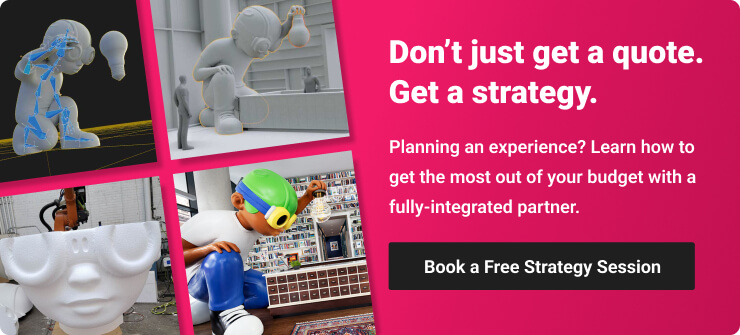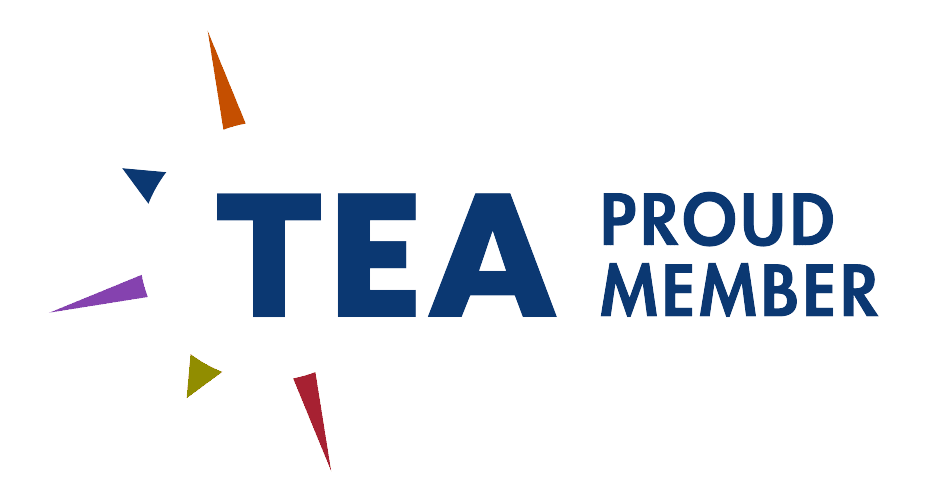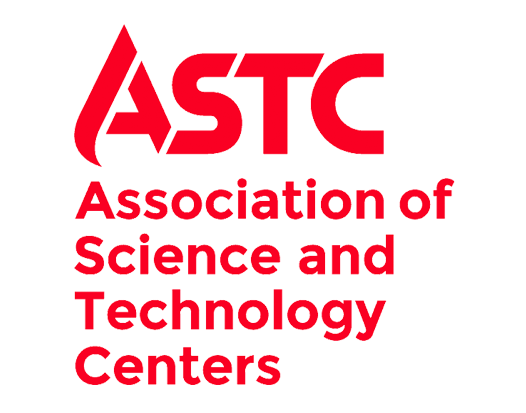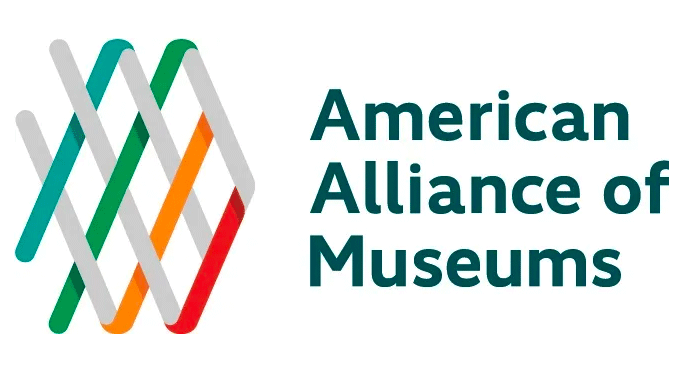Are you looking for the best event agency to help create a brand experience, corporate event, or retail pop-up? Inspiring examples of immersive experiences abound but with so many great options, it can be overwhelming to differentiate between the services that provide them.
To make it easier, we’ve created a detailed comparison outlining the key differences between a traditional event agency and a modern experiential agency, or experience design studio. Read on to explore the strengths of each type of service and learn what factors should inform your decision-making process when selecting a creative partner for executing outstanding live events.
What is an Event Agency?
Event agencies are professional event planners and facilitators who offer a range of services to create unforgettable in-person experiences for their clients. They can help plan and execute corporate events, weddings, conferences, and large-scale gatherings. Their services often include venue selection, vendor management, catering, decor, and event design. Event agencies not only plan events but are also often on-site throughout the event to ensure everything goes smoothly.
What do Event Agencies do?
Event agencies are typically responsible for a vast array of tasks, including concept creation, planning, coordinating with vendors, managing logistics, and executing the event. For brands, services commonly encompass marketing events, corporate meetings, exhibitions, conferences, product launches, and special events like sponsorship activations at festivals or concerts.
Strengths of Event Agencies
One of the biggest strengths of event agencies or event planners is their ability to handle all of the logistics and details of an event, so clients can focus on their guests and enjoy the festivities. This includes sourcing event vendors, negotiating contracts, and managing budgets. Their broad experience enables them to navigate any potential challenges that might arise during the event planning process, ensuring smooth operation and successful outcomes.
Compared to planning an event in-house, an event agency allows clients to leverage these strengths, freeing up time to focus on their core business. Moreover, due to their industry connections, event agencies often have access to better rates and can negotiate contracts more effectively.
What are the Limitations of Working with an Event Agency?
However, event agencies also have their limitations. They can be more costly than planning an event in-house, and their broad scope of work may sometimes lead to a less personalized approach. For clients looking to create a brand experience or immersive marketing campaign, an event agency simply will not have the strategy expertise to fully integrate marketing concepts into the event. Additionally, some clients may prefer to retain more control over their events and may not want to work with an event agency for this reason.
How do Event Agencies Work with Clients?
Event agencies typically work closely with their clients to understand their vision and goals for the event. After developing a clear understanding of client needs, event agencies will create a customized plan that includes a budget and timeline for the event. Throughout the planning process, event agencies will communicate regularly with their clients to ensure that everything is going according to plan. On the day of the event, the event agency will be on-site to manage logistics and ensure that everything runs smoothly.
What is an Experiential Agency?
An experiential agency, also known as an experiential marketing agency or experience design studio, is a creative entity specialized in crafting immersive experiences that engage audiences directly. These agencies primarily work on creating memorable in-person experiences for consumers, leveraging elements of interaction to form strong emotional connections between the brand and its audience.
What do Experiential Agencies do?
Experiential agencies cover a broad spectrum of activities, from designing brand activations, virtual reality and AR experiences, and pop-up events, to conceptualizing and executing immersive marketing campaigns. They aim to create engaging experiences—often driven by technology—that stimulate the senses, promoting a deeper level of engagement and fostering an enduring connection between the consumer and the brand.
What services do Experiential Agencies Provide?
The services provided by experiential agencies often include, but are not limited to, event design and production, experiential marketing strategy, brand activation, immersive content creation, and interactive media design. They offer a comprehensive suite of services that address every aspect of an experiential marketing campaign, from concept development to execution and sometimes post-event analysis.
Strengths of Experiential Agencies
Experiential agencies shine in their ability to create deeply immersive and engaging brand experiences. They possess the skills to weave elements of storytelling, interaction, and emotional engagement into their designs, resulting in an unforgettable and impactful brand experience. By bringing a brand to life in unique and experiential ways, these agencies help brands stand out in a crowded market, engage with their audience on a deeper level, and create lasting memories.
Brands would work with an experiential agency when they seek to create a lasting emotional connection with their audience through highly engaging, interactive, and immersive events. Experiential agencies are experts in understanding the nuances of consumer behavior and turning these insights into powerful, immersive experiences, making them an ideal choice for brands wanting to push the boundaries of traditional marketing and create a lasting impact on their audience.
Limitations of Experiential Agencies
However, experiential agencies do have their limitations. Their focus on creating bespoke experiences can sometimes come with a higher price tag compared to traditional event agencies. Moreover, their approach may not be suitable for all types of events or all target audiences. For instance, simpler events or more conservative audiences may dictate standard event formats over immersive, unconventional experiences. Plus, brands that are looking for a more traditional approach to event planning may not see the value in the more sophisticated approach of an experiential agency. Similarly, smaller brands with tight budgets may find the cost associated with designing and executing custom experiences prohibitive.
How do Experiential Agencies work with clients?
Experiential agencies typically begin with a deep dive into the client's brand, understanding their goals, target audience, and the message they want to convey. They then develop a project strategy that aligns with the brand's identity and goals. Throughout the development process, they engage in a continuous dialogue with the client, ensuring the final product is a true reflection of the brand's vision. During the event, the agency takes charge of the setup, execution, and take-down – ensuring every aspect of the experience aligns with the intended outcome.
How Event Agencies Differ from Experiential Agencies
Event agencies and experiential agencies, while both operating in the realm of event planning and execution, differ significantly in their approach, scale of events, sophistication, and comprehensiveness of services.
Event agencies are often involved in more traditional forms of event planning and execution. Their focus is primarily on organizing and managing events, with services ranging from logistics coordination, and vendor sourcing, to on-site event management. These agencies are apt for large-scale events where the main requirement is efficient organization and execution. Event agencies' services might not be as comprehensive as their experiential counterparts, as their primary operation is centered around organizational aspects of an event rather than the holistic brand experience.
On the other hand, experiential agencies are heavily inclined towards creating immersive, highly engaging brand experiences that go beyond just organizing an event. They operate on a sophisticated level where the objective is not merely to run an event, but to create a memorable brand experience that resonates deeply with the audience. Their services are comprehensive, encompassing everything from concept development to content creation, experience design, media and technology, fabrication, and event logistics. Experiential agencies are more suited to brands looking to form an emotional bond with their audience through one-of-a-kind interactive experiences.
In essence, while event agencies excel at traditional event organization and logistics, experiential agencies shine in creating and producing immersive brand experiences.
How to Choose the Best Partner for Your Next Event
Understanding the difference between event planning agencies and experiential agencies is the first step in finding the best partner for your next brand experience or live event. While these two types of businesses have a lot in common, it’s crucial to understand their unique areas of expertise and how they can impact the planning and execution of an event or brand experience.
Most agencies will gladly provide an overview of their services and portfolio via an introductory phone call. Be sure to seek out agencies that have a solid history of pulling off events or experiences that match the scope, level of sophistication, and complexity that you seek. And be sure to use that initial conversation to gauge if there is a good connection – communication is key in any project.
Our team at Bridgewater Studio understands the importance of creating powerful events and experiences, and the value of working with a single team from start to finish. A true end-to-end partner, we’ll guide you through every stage of the project life cycle with seamless efficiency, ensuring you get the most out of your budget and enjoy a stress-free process. Learn more by booking a free strategy session with us today.
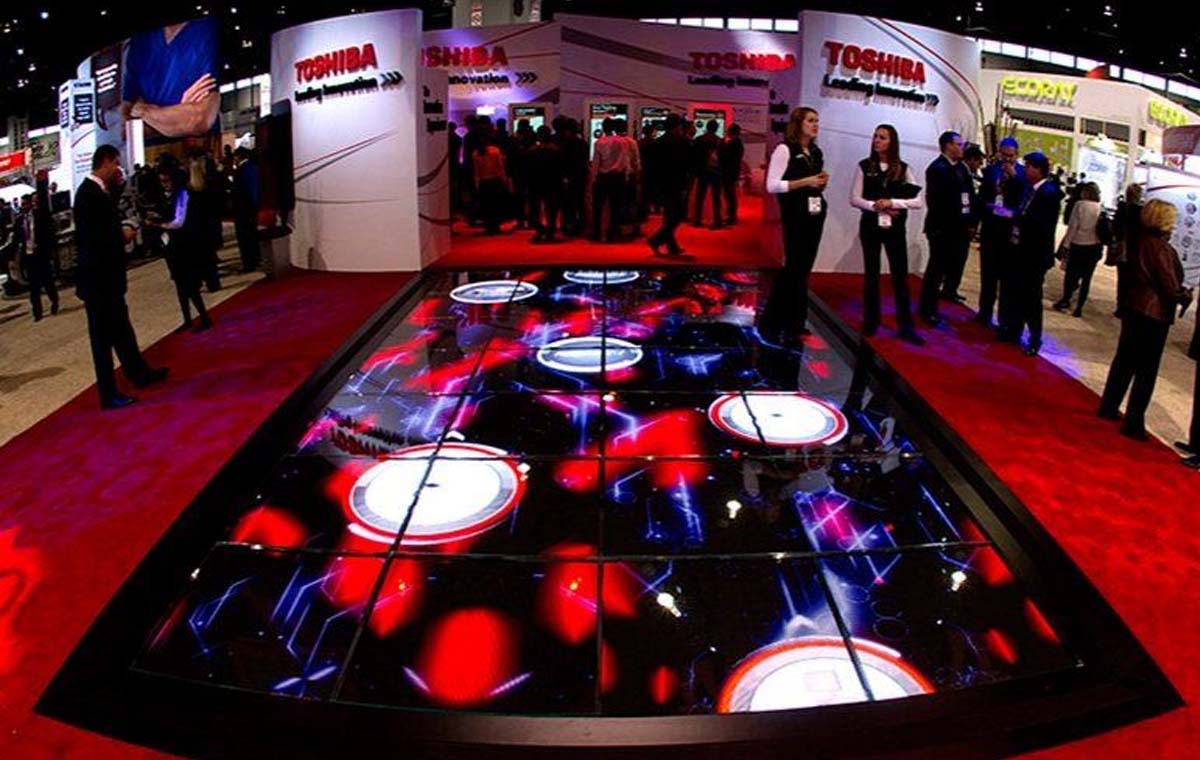


.png)
.png)
.png)
